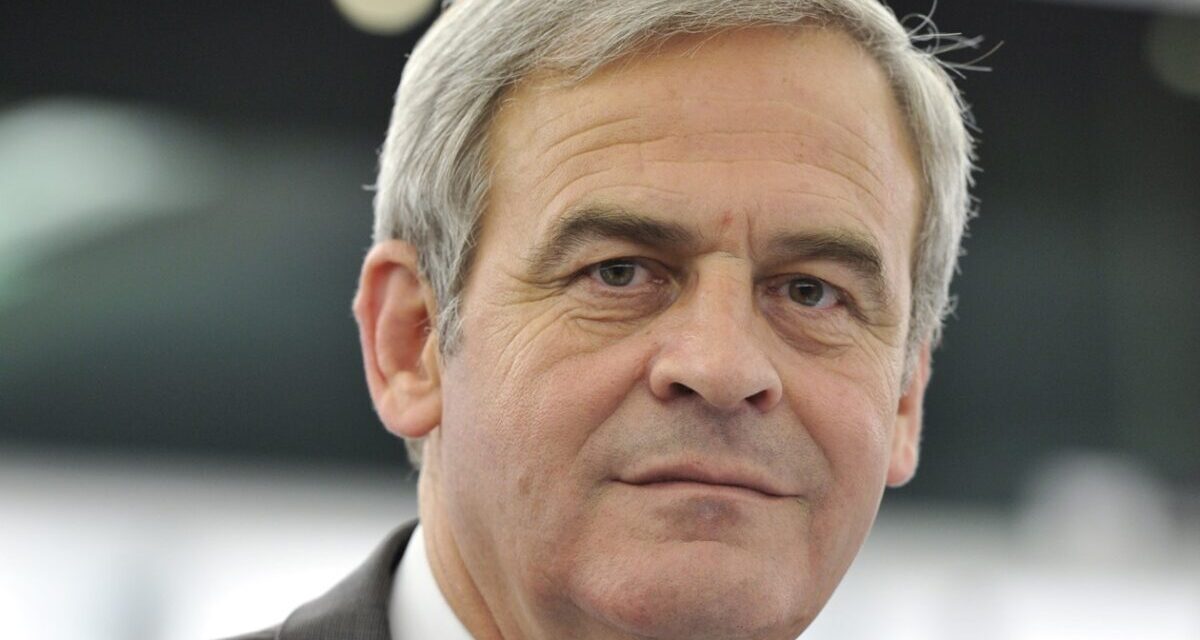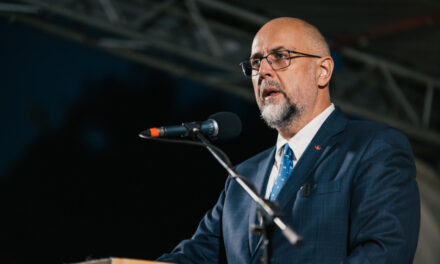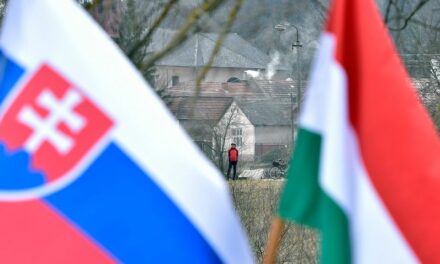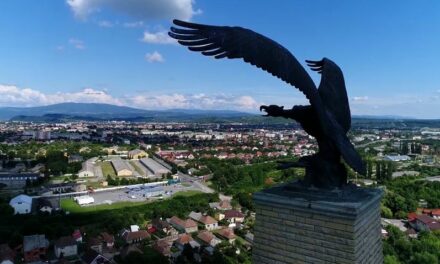According to László Tőkés, it is in the interest of both Romania and Hungary to stop the decline of the Romanian population. The president of the Transylvanian Hungarian National Council (EMNT) spoke about this on Thursday evening at the conference that focused on the imminent Romanian census and the role of local governments in Romanian-Hungarian relations.
Due to the epidemic, the mayors of Brasó, Temesvár and Marosvásárhely, among others, expressed their views on the issues of Romanian-Hungarian coexistence at the conference held online.
In his opening speech, László Tőkés recalled the Romanian-Hungarian solidarity that unfolded between the two communities 32 years ago, during the Romanian revolution. He believed that this favorable historical moment of dialogue and understanding was destroyed by "Iliescu's communist coup d'état and restoration".
He went on to say that the Romanian-Hungarian dialogue forums have slowly ceased to exist, "the agenda of the political parties organized for looting is almost completely missing the issue of minorities". He also noted that the mayors such as Gheorghe Funar in Cluj or Dorin Florea in Marosvásárhely did a lot of harm to peaceful coexistence. He believed that a lot could depend on how the municipalities of those big cities, in which the proportion of Hungarians has dwindled dangerously, relate to their remaining minorities.
He stated: the upcoming census does not bode well for either the Romanian or the Hungarian side. He cited data from the World Bank, according to which Romania has lost more than 4 million citizens in the past thirty years, and the number of Hungarians in Romania may drop from 1.7 million to less than 1 million. He considered stopping the eclipse to be a common interest, but also added that the solution to the demographic crisis is of existential importance for Hungarians.
Allen Coliban, the mayor of Brasov elected on behalf of the Save Romania Association (USR), considered it regrettable that the representatives of the Hungarian community were forced out of the municipal body of the city in the last elections. He noted that he tried to remedy this situation by ensuring that the representatives of the Hungarian and Saxon communities could participate in local government meetings with the right to consult. He stated: he considers it a sign of normalcy that on August 20, he lit up the name of the city on the Cenk hill rising above the city with red, white and green colors. He believed that politicians should set a good example.
Zoltán Soós, independent mayor of Marosvásárhely, said: he inherited many conflicting topics from his predecessor. He considered it important to secure the rights previously denied to the Hungarian community, without reacting to provocations. He considered it questionable how ethnically based voting will be in the municipal elections in Marosvásárhely in three years.
Dominic Fritz, the German mayor of Timișoara, spoke in his video message about the city's leadership wanting to build a bridge between different national communities. The mayor, who settled in Timișoara from Germany and was elected in the colors of the USR, considered it important that these communities not only manifest themselves in their own bubble, but also become sources of the city's creativity.
Speaking at the conference, István Csomortányi, the president of the Transylvanian Hungarian People's Party (EMNP), said: In Romania, national communities sometimes tease each other at the national level, sometimes at the local level, usually to divert attention from something. He considered it regrettable that not only the Romanian politicians played the Hungarian card in Budapest, but also the Hungarian politicians played the Romanian card.
MTI
Featured image: Transylvanian Hungarian National Council













